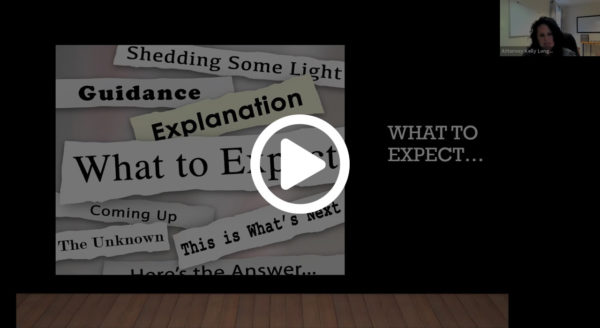What Happens to Accounts and Property Left Out of Your Trust?
For many people, avoiding a conservatorship or guardianship during their lifetime and probate at their death are the main reasons they set up a revocable living trust. You may believe that once you sign your trust agreement, you are done. However, if you then fail to change titles and beneficiary designations for your accounts and property before becoming incapacitated or dying, those accounts and property—and your loved ones—may end up in probate court.
Which Accounts and Property Should (and Should Not) Be Funded into Your Trust?
In general (but with some exceptions), you should consider funding the following into your trust:
- Real estate (homes, rental properties, vacant land, and timeshares)
- Bank and credit union accounts (checking, savings, CDs, money market accounts)
- Safe deposit boxes
- Investment accounts (brokerage, agency, custody)
- Notes payable to you
- Business interests (limited liability companies, corporations, partnerships)
- Intellectual property
- Oil and gas interests
- Water rights or shares (especially in some states where they can be quite valuable)
- Personal effects (artwork, jewelry, collectibles, antiques)
- Collector cars
- Digital accounts and cryptocurrency (if possible)
- 529 plans (Note that some plan administrators do not permit the transfer of existing 529 plans to a trust but may permit opening a new 529 plan in the trust’s name. If transferring the account to the trust is not an option, be sure to designate a successor custodian to take over if the primary custodian becomes incapacitated or dies.)
You should avoid funding certain assets into your trust during your lifetime, but you may want to consider funding them into your trust upon your death by beneficiary designation, including the following:
- Life insurance policies
- Individual retirement accounts, 401(k)s, and other tax-deferred retirement accounts
Last, you probably should not, or may not be able to, fund the following into your trust during your life or at your death:
- Interests in professional corporations
- Foreign accounts or property: In some cases, funding non-US accounts or property into a US-based trust can cause adverse tax consequences. In other cases, trusts (even US trusts) are not recognized or are ignored due to the other country’s own laws.
- Uniform Transfers to Minor Act (UTMA) and Uniform Gifts to Minor Act (UGMA) accounts: Your minor child is the owner of the account, and you (as the person who set up the account) are merely the custodian. Name a successor custodian in case you become incapacitated or pass away to ensure continuity of management without changing ownership.
- Everyday automobiles and other low-value vehicles: Many states have a process for transferring a vehicle outside of probate without funding them into a trust.
While these recommendations should serve as basic guidelines, it is important to remember that there are no hard-and-fast rules with trust funding. Work closely with us to determine what should go into your trust and what should stay out. Also, when acquiring new accounts or property, call us to find out how to title the account or property or whom to designate as the beneficiary.

